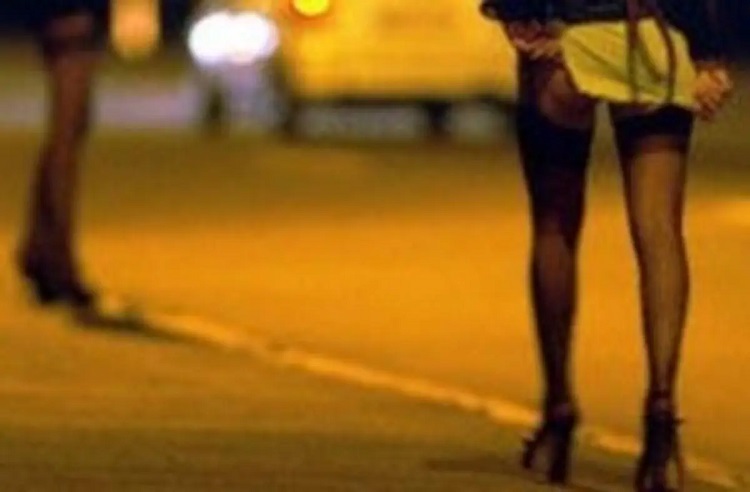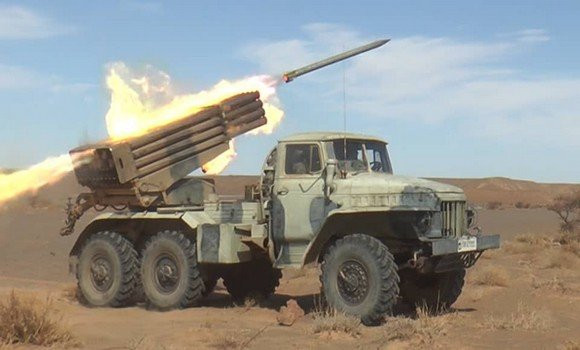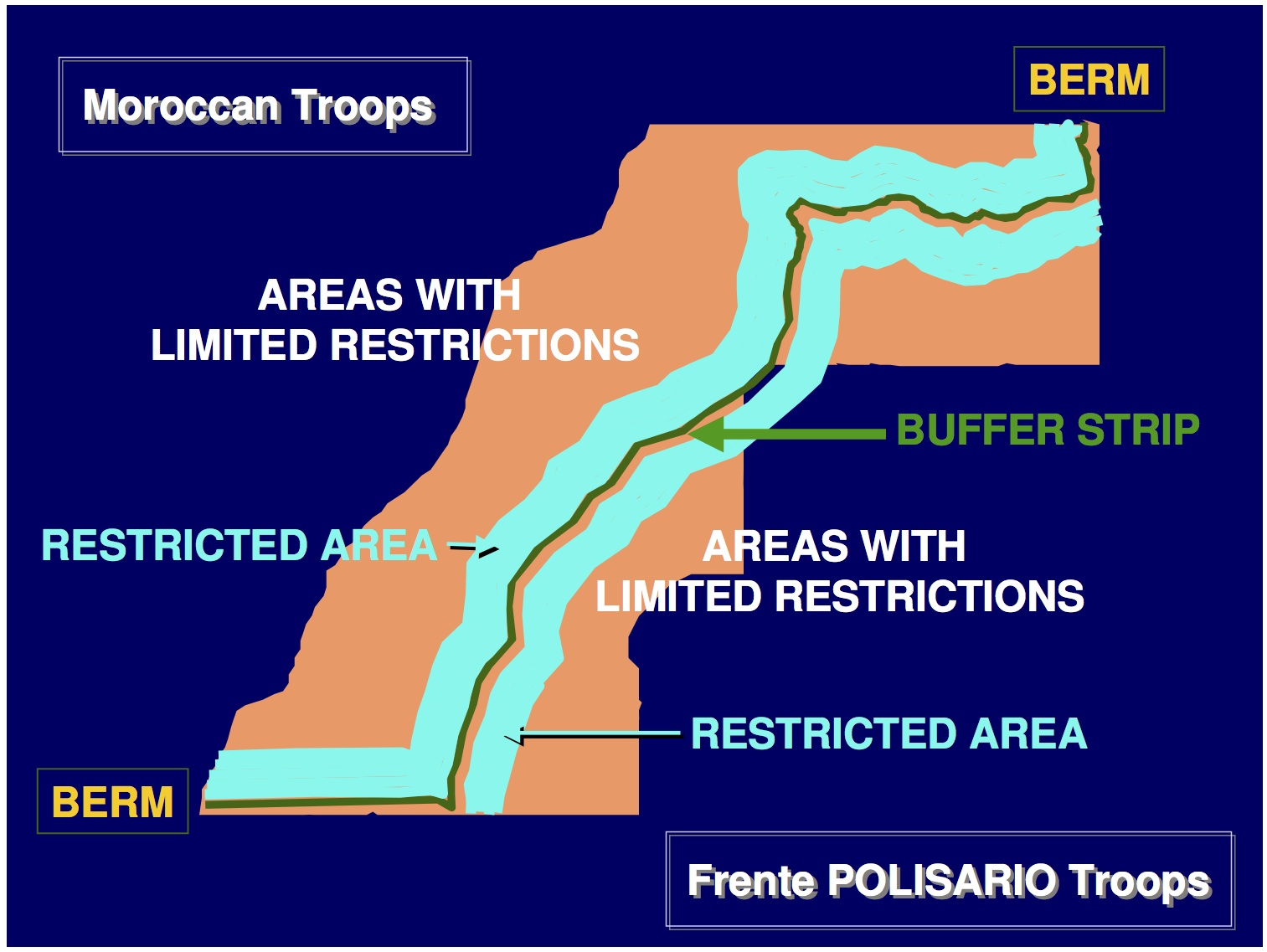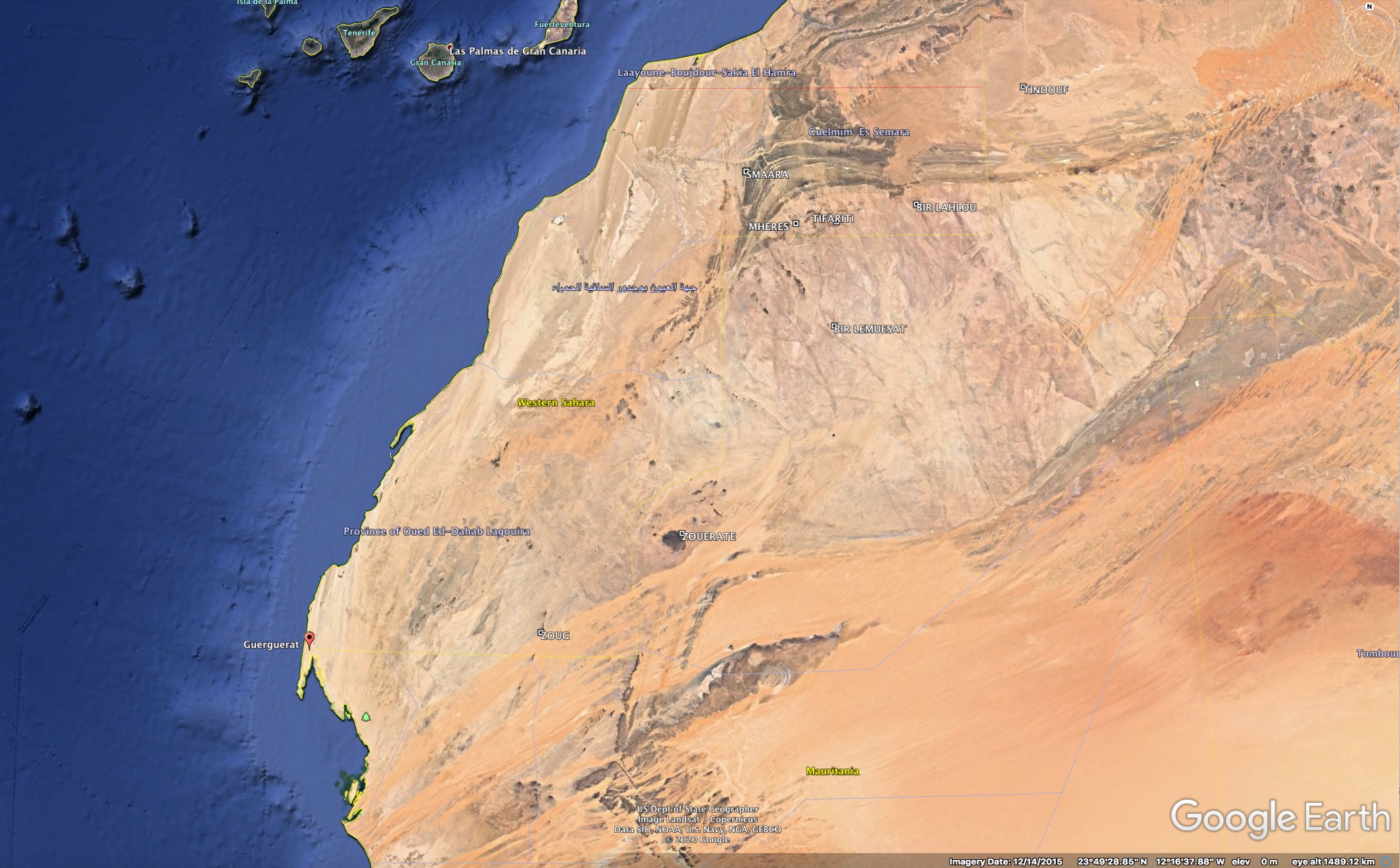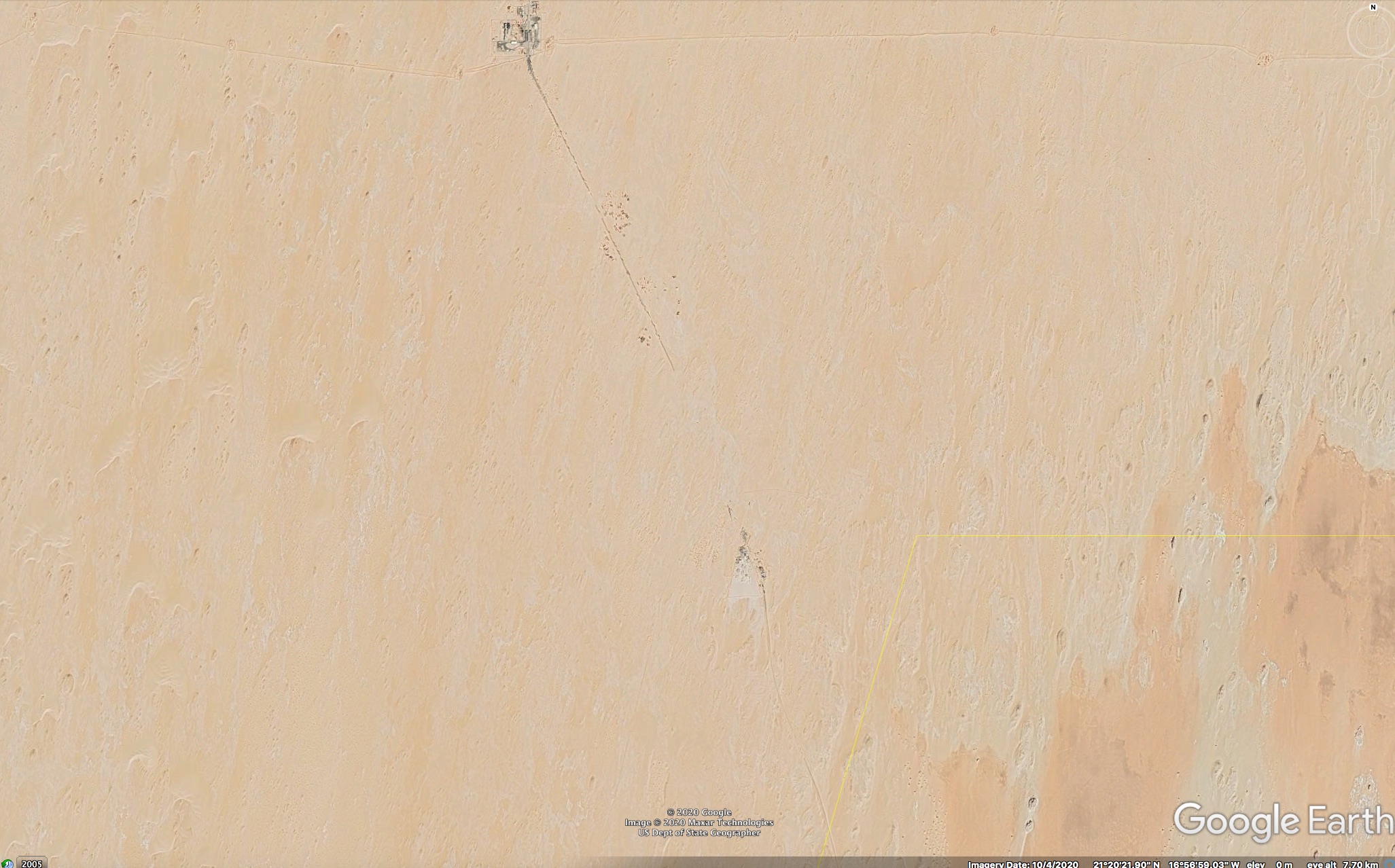Tags : Qatargate, Morocco, European parliament, Eva Kaili, Antonio Panzeri, Francesco Giorgi, corruption,
The Qatar corruption scandal at the European Parliament, also known as Qatargate, is an ongoing political scandal in which politicians, political staffers, lobbyists, civil servants and their families are alleged to have been involved in corruption, money laundering and organised crime involving the state of Qatar in exchange for influence at the European Parliament. Qatar denies the allegations. Law enforcement authorities in Belgium, Italy and Greece seized €1.5 million in cash, confiscated computers and mobile phones, and charged four individuals with the alleged offences.
Investigation, raids and arrests
In July 2022, the Central Office for the Repression of Corruption (French: Office central pour la répression de la corruption, OCRC, Dutch: Centrale Dienst voor de Bestrijding van Corruptie, CDBC), a unit of the Belgian Federal Police, opened an investigation into an alleged criminal organisation. The investigation was led by the investigating magistrate Michel Claise.
Acting on the investigation, on 9 December 2022, Belgian police executed 20 raids at 19 different addresses across Brussels in connection with the conspiracy and made eight arrests across Belgium and Italy. The homes and offices of the suspects were searched, including offices within the premises of the European Parliament buildings in Brussels. In line with the Belgian Constitution, the President of the European Parliament, Roberta Metsola, was required to return from her home in Malta to be present for the search at the home of Eva Kaili, who has diplomatic immunity as an MEP and a Vice-President of the European Parliament.
Following the raids at Kaili’s home, her father was later arrested as he tried to flee the Sofitel hotel at Place Jourdan in Brussels after being tipped off about the raids. Investigators found a suitcase with « several hundred thousand euros » on his person as he attempted to flee.
Included in the raids were locations linked to Pier Antonio Panzeri, an Italian former MEP. Upon searching his home, police found a large quantity of cash in his « well stocked safe ». At the same time investigators raided the offices of the international NGO Fight Impunity, an organisation set up to promote the fight against impunity for serious violations of human rights and crimes against humanity, of which Panzeri is the president.
After the conclusion of the Brussels raids, police had arrested Eva Kaili; Antonio Panzeri; Francesco Giorgi, Kaili’s husband and an advisor of the Italian MEP Andrea Cozzolino; Alexandros Kailis, Kaili’s father and former Greek politician; Luca Visentini, general secretary of the International Trade Union Confederation (ITUC); Niccolò Figa-Talamanca, Secretary-General of the NGO No Peace Without Justice; and an unnamed assistant of the Italian MEP Alessandra Moretti. Alexandros Kailis was released from custody and Visentini was conditionally released. €600,000 in cash was reportedly found at Panzeri’s home with additional cash being found at Kaili’s father’s home, his hotel room and the home shared by Kaili and Giorgi. In total, the combined amount of cash found in the raids totalled €1.5million. Following Kaili’s arrest she was detained at the Prison de Saint-Gilles until her transfer after five days to a prison in Haren, Brussels.
In addition to the searches of properties belonging to those who were arrested, searches were also carried out at the homes of four Parliamentary assistants (Federica Garbagnati, Giuseppe Meroni, Donatella Rostagno and Davide Zoggia), among others, but these raids did not result in arrests. Garbagnati, Rostagno and Zoggia are assistants to the MEPs Alessandra Moretti, Marie Arena and Pietro Bartolo, while Meroni works as assistant to Lara Comi. Other raids took place at the homes of two undisclosed advisors and one European Parliament official.
As the raids were being carried out in Brussels, the Italian State Police executed two European Arrest Warrants across Italy. Maria Colleoni, Panzeri’s wife, was arrested at their family home in Calusco d’Adda, close to Bergamo, Italy, and his daughter, Silvia Panzeri, was arrested later that evening in Milan. Both women were transferred to a Bergamo prison for detention. Shortly thereafter, Italian authorities carried out a raid at the Italian home of Giorgi where an additional €20,000 in cash was confiscated. As of 14 December, the two women had been released under house arrest to a property in Lombardy.
The European Arrest Warrant revealed that the charges against Panzeri also relate to similar charges involving gift received from the state of Morocco.
The day following the raids, on 10 December, a further search was carried out at the home of the vice chair of the European Parliament’s delegation for relations with the Arab Peninsula, the Belgian MEP Marc Tarabella; Tarabella was not arrested.
On 12 December 2022, it was announced that the Greek Anti-Money Laundering Authority had frozen all of Kaili’s assets and those of close family members. This includes all of Kaili’s bank accounts, safes, companies and any other financial assets. Of particular interest to the authorities, according to the head of the Anti-Money Laundering Authority, is a newly established estate agency in Kolonaki, an upmarket neighbourhood of Athens.
As the European Parliament convened for the first time following the scandal, on 13 December 2022 at its seat in Strasbourg in France, the offices of Pietro Bartolo MEP and the Parliamentary official Mychelle Rieu were both sealed by investigators.
On 15 December the European Public Prosecutor’s Office (EPPO) requested the European Parliament to lift its diplomatic immunity from Kaili and her fellow Greek MEP Maria Spyraki; the EPPO stated that the request was based on an investigative report received from the European Anti-Fraud Office (OLAF) regarding « suspicion of fraud detrimental to the EU budget, in relation to the management of the parliamentary allowance », specifically regarding money paid to parliamentary assistants.
Trial and prosecution
The four charged suspects, Kaili, Panzeri, Giorgi and Figà-Talamanca, were scheduled to appear at the Palais de Justice, Brussels, the country’s primary law courts, on 14 December for arraignment proceedings. Three of the four suspects appeared in court, but strike action by prison staff prevented Kaili’s appearance; her appearance was rescheduled for 22 December 2022. Panzeri and Giorgi were both remanded into custody pending further investigation. Figà-Talamanca was released from custody pending further investigation on the condition that he wear an electronic monitoring ankle bracelet.
On 15 December 2022, Giorgi confessed to having been bribed by Qatari officials to influence the European Parliament’s decisions.
Reaction
Immediately following the arrests, strong reactions of condemnation of Vice-President Kaili came from around the European Union. After the story was first reported by Belgian media, the President of the European Parliament, Roberta Metsola, stated that the European Parliament had been complying with an ongoing investigation, without specifying its nature. Immediately following the arrests, both PASOK, Kaili’s political party in Greece, and the Socialists and Democrats Group inside the European Parliament announced Kaili’s suspension from their respective parties. Two days following the arrests, Metsola suspended Kaili’s responsibilities and powers as a Vice-President of the European Parliament. In a vote of the full chamber, Kaili was officially removed as vice president by a supermajority.
At the opening of the first meeting of the European Parliament following the raids, on 12 December President Metsola announced that all work with Qatar would be suspended. At the same meeting the Greens–European Free Alliance and Renew Europe both called for an inquiry committee to be set up by the European Parliament. The suspension of Parliamentary business at this time is significant as it comes just three days before the Parliament was due to vote on introducing a visa-free travel agreement with Qatar and other countries. This resulted in the vote on visa-free travel to Ecuador, Kuwait, and Oman also being cancelled. In addition, a major and controversial air transit agreement that would have allowed Qatar Airways unlimited access to the EU market was put on hold after warning that Qatar may have interfered in Parliament’s internal deliberations on the agreement. During the negotiations there was criticism by EU member states that the agreement, negotiated by the Parliament’s transport committee, was unduly favourable to Qatar. Later the full chamber voted to suspend all work on files involving Qatar in a 541–2 vote, with three abstentions.
Ahead of the opening of the plenary discussion several MEPs in the Socialists and Democrats Group stepped down from positions within the Parliament. Marc Tarabella suspended himself from the S&D group entirely, Marie Arena stood down as the Chair of the Parliament’s human rights committee, Pietro Bartolo suspended his position as group spokesman on visa liberalisation and Andrea Cozzolino suspended his role as group spokesman on urgencies. Tarabella was later suspended by his national party, the Walloon Socialist Party.
The chair of the Parliamentary EU–Qatar Friendship Group, José Ramón Bauzá MEP, announced the suspension of the group following the revelation. In a statement Bauzá said that he was doing so « in view of the very serious events of the last few days, and until we get to the bottom of the matter ».
The European People’s Party (EPP), the largest political group inside the Parliament, took the decision to suspend all foreign policy work relating to all matters external to the European Union until the integrity of the procedure could be ensured. The EPP encouraged other parties to follow suit.
Dino Giarrusso MEP reported that he and others had been approached by Qatari officials many times: « They were hoping to improve the country’s reputation especially in the run-up to the FIFA World Cup ». The behaviour of some MEPs regarding Qatar had already been the subject of criticism even before the scandal began: a resolution by Manon Aubry condemning the exploitation of migrant workers in Qatar had stalled in the Parliament for more than one year before passing, due to opposition from the S&D and EPP group.
After the scandal broke out, several media organisations noted that Kaili had visited Qatar one month before the scandal, meeting with the Qatari Minister of Labour Ali bin Samikh Al Marri; upon her return to Brussels, she had praised Qatar as a « frontrunner in labour rights » in a speech in front of the European Parliament.
Ursula von der Leyen, President of the European Commission, accused Qatar of seeking to buy influence in the European Parliament chamber and that it was of the « utmost concern ». Von der Leyen called for a body to be created to uphold the rules on integrity and ethics across all EU institutions. The former President of the European Parliament and current European Commissioner responsible for Foreign Affairs and Security, Josep Borrell, was quoted as saying « the news is very worrisome, very, very worrisome. We are facing some events, some facts that certainly worry me. [We] have to act according to not only to the facts but to the … evidence. I am sure you understand that these are very grave accusations. » The European Ombudsman, Emily O’Reilly, was, however critical of the response of Von der Leyen and fellow politicians and institutions, highlighting the lack of progress shown by von der Leyen following her pledge that transparency would be a core part of her mandate when she became European Commission President. O’Reilly called for a body to be created with real investigatory and sanctions powers.
The Belgian Prime Minister Alexander De Croo was also critical of the European institutions in his response, stating that « Belgian justice is doing what, at first sight, the European Parliament hasn’t done. The European Parliament has a lot of means to regulate itself. It turns out that this is largely a system of auto-control based on voluntary efforts, which has clearly not been sufficient. »
Belgian justice is doing what, at first sight, the European Parliament hasn’t done. […] the European Parliament has a lot of means to regulate itself. It turns out that this is largely a system of auto-control based on voluntary efforts, which has clearly not been sufficient.
—Alexander De Croo, Prime Minister of Belgium, 13 December 2022
Annalena Baerbock, the German Minister for Foreign Affairs, highlighted that the scandal is leading to concerns from citizens and affects the credibility and legitimacy of the institutions of the European Union.
Reactions also came from European civil society organisations. Transparency International described the incident as « the most egregious case » of alleged corruption the European Parliament has ever seen. The founder of the Good Lobby commented that « [w]hatever its final outcome, [the] Qatar ‘corruption’ scandal has unveiled an inconvenient, and for most Europeans already obvious, truth. Money does buy influence in the EU », and that « [t]he EU Parliament and most of its members have historically resisted stricter integrity rules and [an] effective enforcement system. »
As news broke of the investigation, the honorary board of the implicated NGO, Fight Impunity, resigned en masse. The board members included high-profile European policymakers including Federica Mogherini (a former EU High Representative in the Juncker Commission), Bernard Cazeneuve (formerly Prime Minister of France), Dimitris Avramopoulos (a former EU Commissioner for Migration, Home Affairs and Citizenship in the Juncker Commission), Cecilia Wikström (a former Chair of the European Parliament Committee on Petitions) and Emma Bonino (a former EU Commissioner for Health and Consumer Protection in the Santer Commission). The honorary board has no executive or managerial role, so there is no suspicion or accusations against any member of the board.
The Qatari Mission to the European Union said in a statement, « The State of Qatar categorically rejects any attempts to associate it with accusations of misconduct. Any association of the Qatari government with the reported claims is baseless and gravely misinformed. The State of Qatar works through institution-to-institution engagement and operates in full compliance with international laws and regulations. »
Kaili has also denied any wrongdoing in the incident. Her lawyers appeared on Greek TV stating, « Her position is that she is innocent, she has nothing to do with bribery from Qatar ».
Following Visentini’s conditional release on Sunday 11 December 2022, in a statement issued through the ITUC, he replied to the allegations by saying:
I am pleased that the questioning has concluded and I was able to fully answer all the questions. Should any further allegations be made, I look forward to the opportunity to refute them, as I am innocent of any wrongdoing. Any form of corruption is completely unacceptable and I am absolutely committed to the fight against corruption. I also wish to reconfirm the position that I have taken publicly that further pressure must be put on Qatar for workers and other human rights. The situation today is still not satisfactory, as I stated to the media at the end of my visit to Qatar.
On 15 December the European People’s Party (EPP) reacted by declaring « We need to discuss hypocrisy […] This is an S&D scandal ». In an attempt to focus the scandal on the Progressive Alliance of Socialists and Democrats Group (S&D), rather than the European Parliament as a whole, they continued, « There has been a consistent effort to turn #Qatargate into an institutional issue alone. But this scandal is not an orphan. […] It has an address. And that’s the S&D Group.” However, one of the assistants whose flats were searched (Giuseppe Meroni) works for the EPP member Lara Comi, and the EPP member Maria Spyraki was later also put under investigation by the European Public Prosecutor’s Office (EPPO).
Source : Wikipedia, 17/12/2022
#Qatargate #Morocco #Antonio_Panzeri #Eva_Kaili #Francesco_Giorgi #European_parliament
